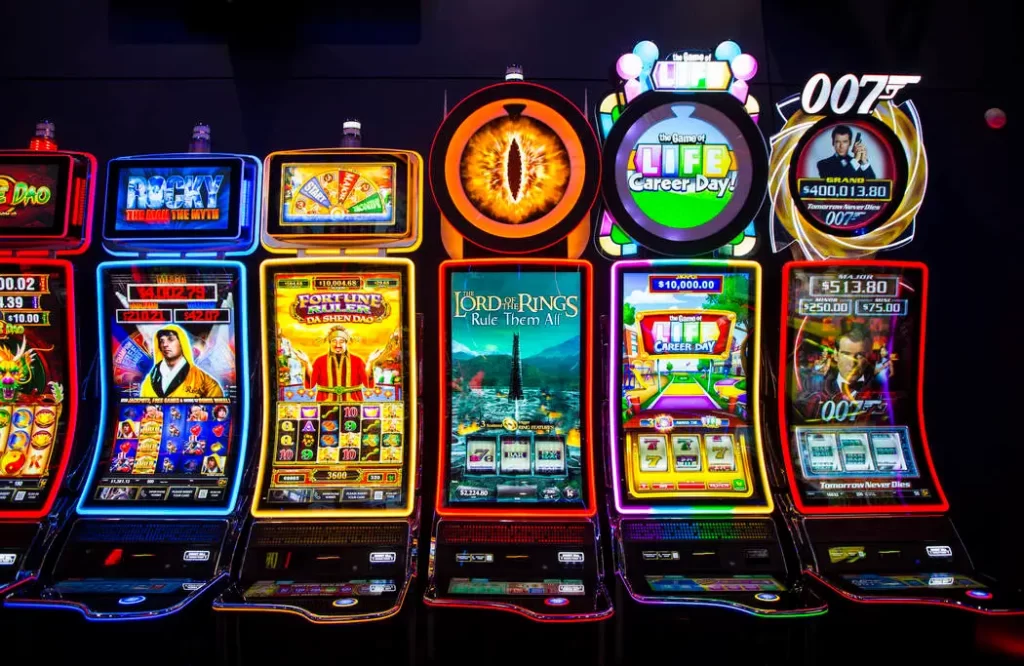The role of psychology in online slot game design is profound and multi-faceted, weaving together various principles to create an immersive and engaging gaming experience. At its core, the design of online slot games is deeply rooted in understanding human behavior, motivations, and cognitive processes. One of the primary psychological elements at play is the concept of operant conditioning, which involves using reinforcement to shape and maintain behavior. Slot game designers leverage this principle by incorporating features such as variable rewards, near misses, and intermittent reinforcement schedules to keep players engaged and coming back for more. The allure of unpredictable rewards taps into the brain’s reward pathways, triggering the release of dopamine and creating a pleasurable sensation that encourages continued play. Furthermore, the concept of cognitive bias plays a significant role in slot game design. Designers exploit cognitive biases such as the gambler’s fallacy and the illusion of control to manipulate players’ perceptions of chance and skill.

By incorporating elements that create the illusion of control, such as allowing players to select their bet amount or spin the reels themselves, designers enhance the player’s sense of agency and involvement in the game. This illusion can lead players to believe that they have more control over the outcome than they actually do, leading to increased engagement and prolonged play sessions. Another crucial aspect of psychology in Slot Machine design is the use of sensory stimulation to captivate players’ attention and evoke emotional responses. Bright colors, flashing lights, and catchy sound effects are meticulously crafted to create a sensory-rich environment that heightens arousal and excitement. The use of thematic elements, such as popular culture references or iconic symbols, also taps into players’ emotions and personal preferences, further enhancing their connection to the game. Social psychology also plays a role in shaping the design of online slot games, particularly through the integration of social features and multiplayer functionality.
By allowing players to interact with friends, compete against each other, or share their achievements on social media platforms, designers capitalize on the human desire for social connection and validation. These social elements not only enhance the overall gaming experience but also serve to extend the game’s reach through word-of-mouth marketing and viral sharing. Moreover, the principles of behavioral economics heavily influence the design of online slot games, particularly in terms of risk perception and decision-making. Designers strategically manipulate factors such as stake size, payout frequency, and jackpot size to influence players’ risk preferences and encourage continued play. By offering the possibility of large rewards alongside relatively low stakes, designers create an enticing risk-reward ratio that appeals to players’ innate desire for financial gain. In summary, the role of psychology in online slot game design is multifaceted and nuanced, encompassing elements of operant conditioning, cognitive bias, sensory stimulation, social psychology, and behavioral economics. By understanding and leveraging these psychological principles, designers can create compelling and addictive gaming experiences that keep players coming back for more.